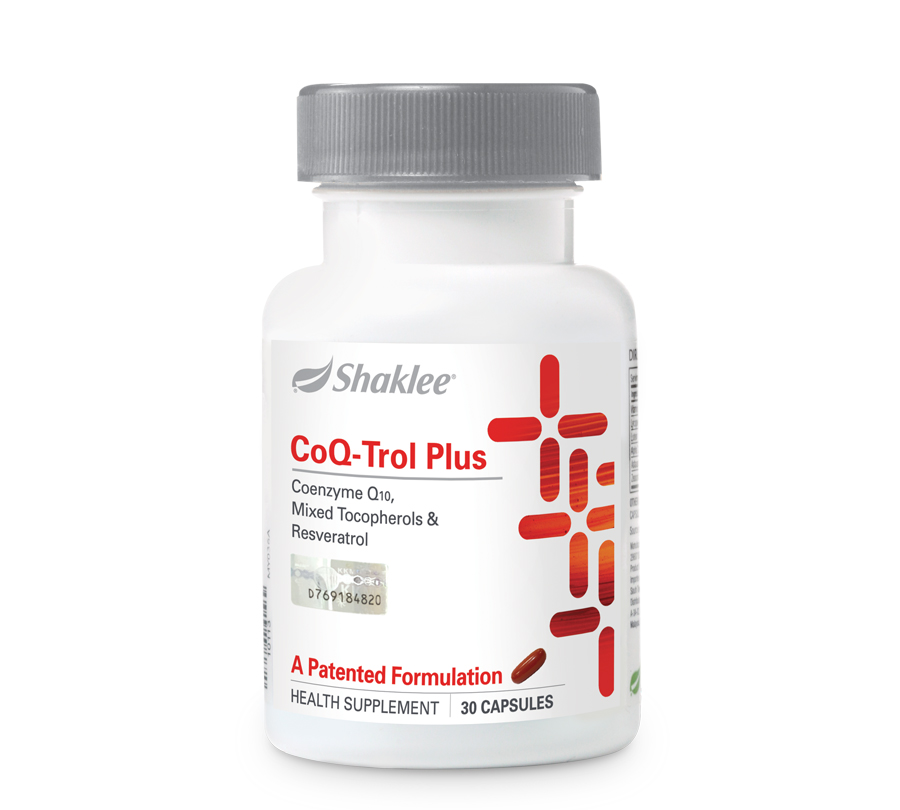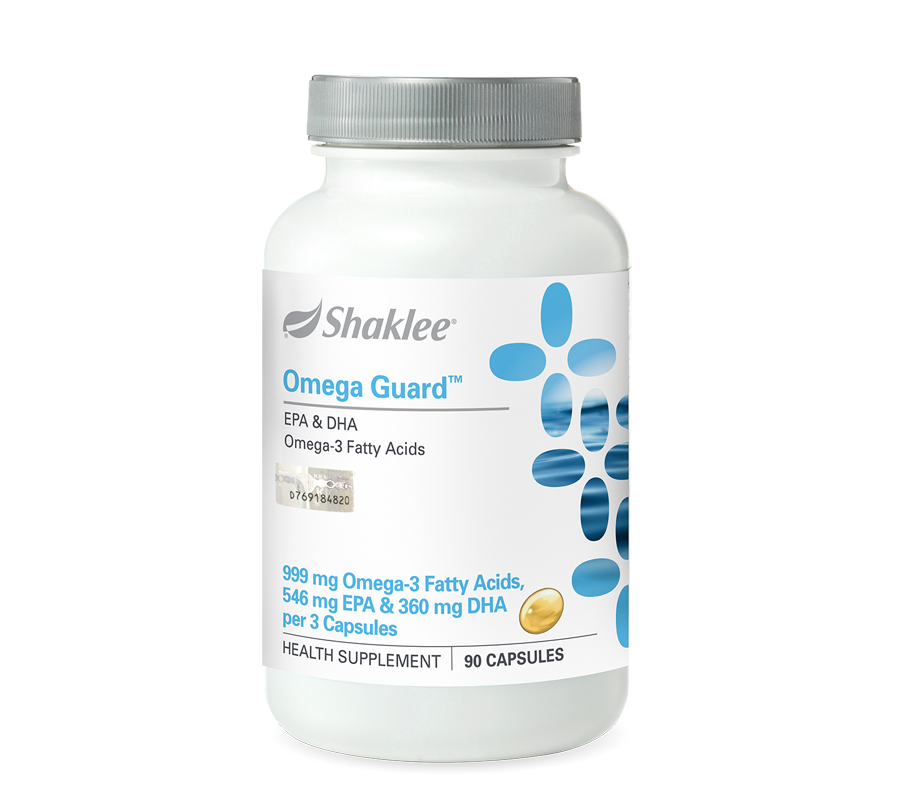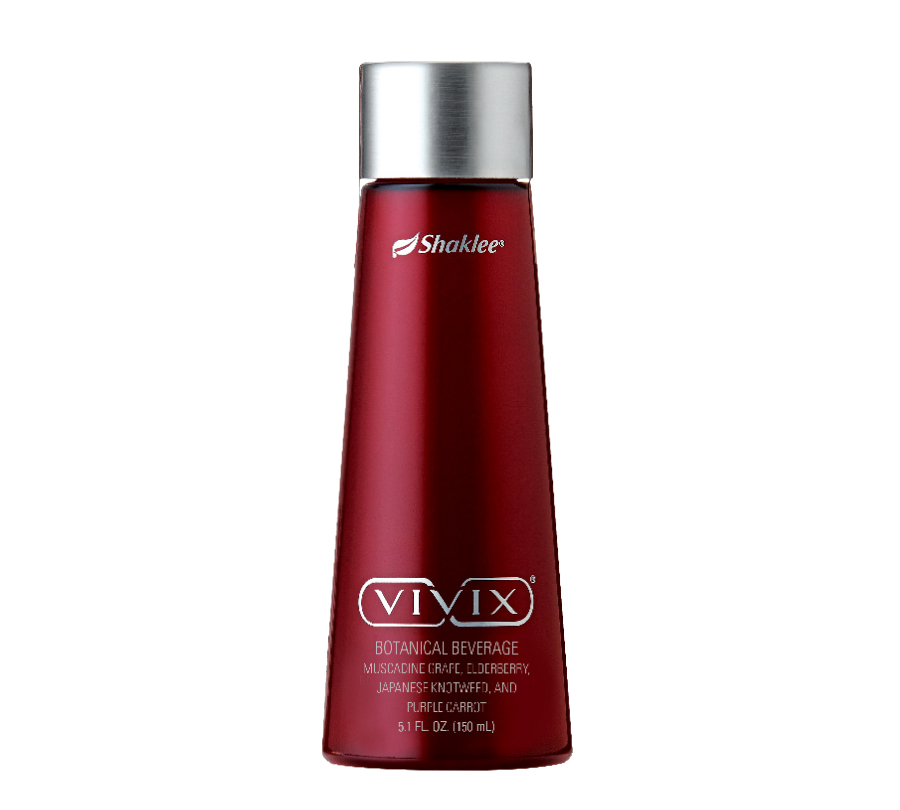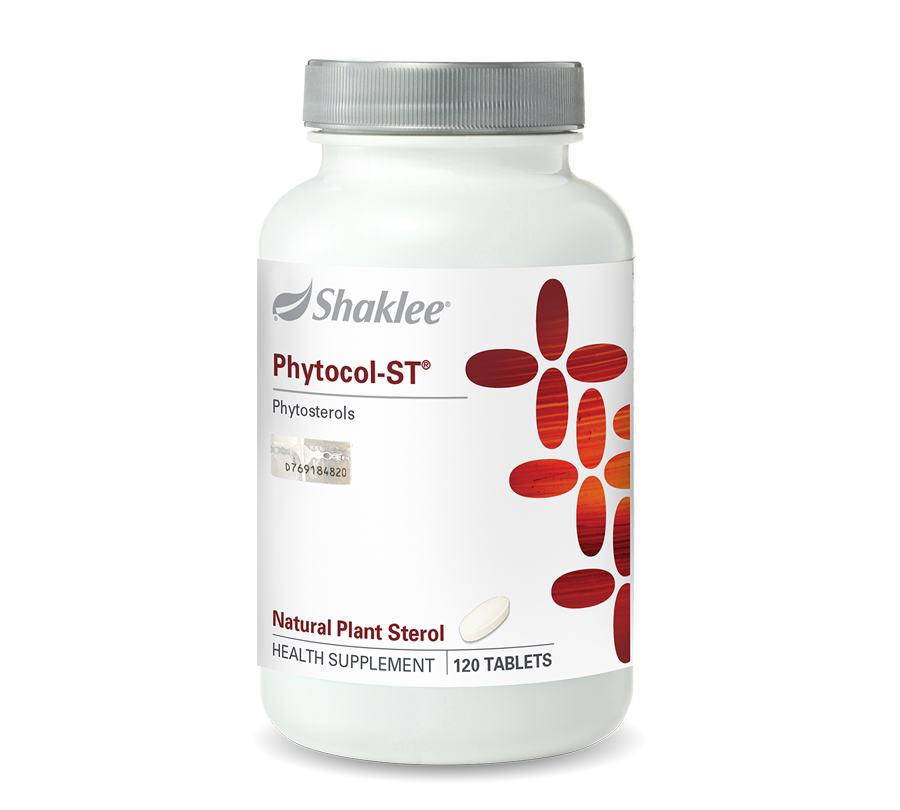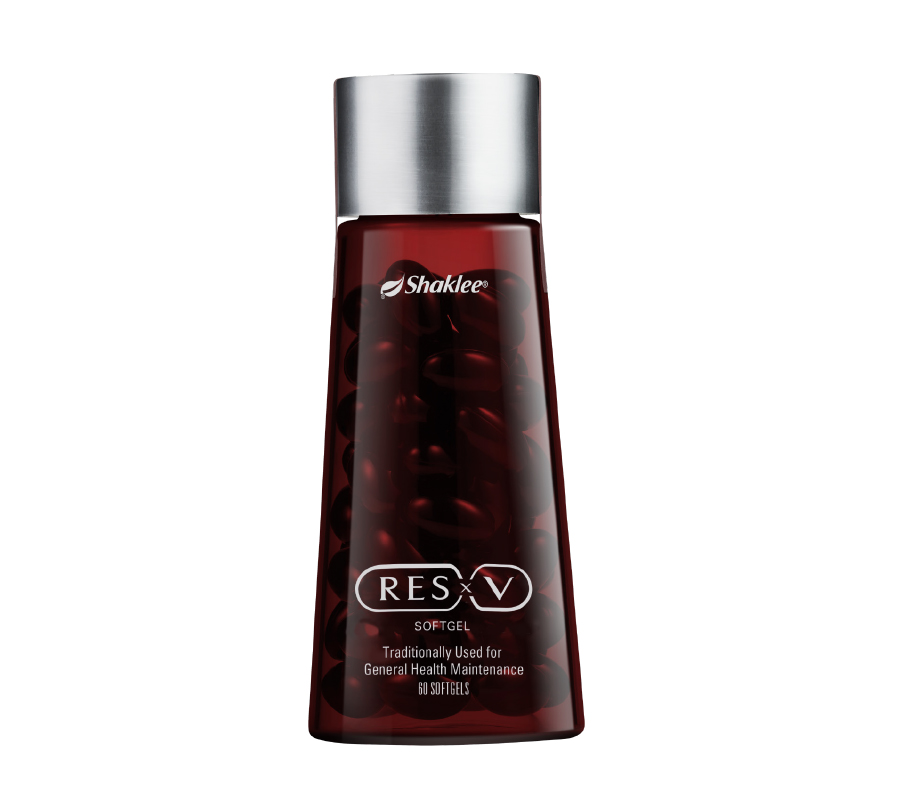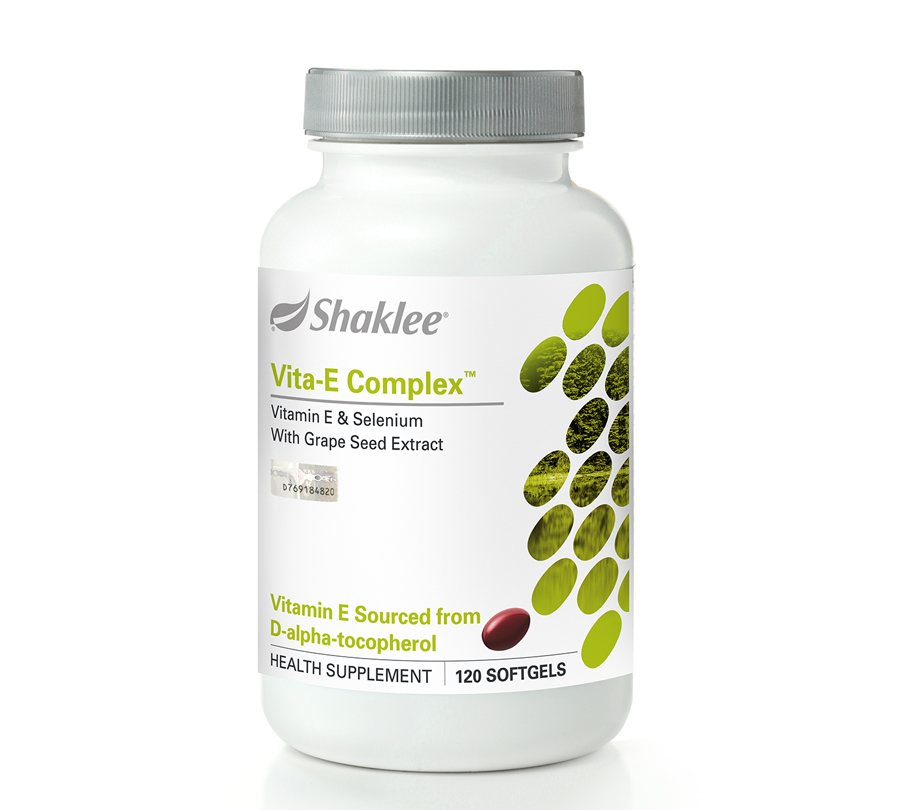Heart Strong, Live Long
Heart Strong, Live Long
Embrace a healthy lifestyle now to prevent heart disease and lower your risk for a heart attack or stroke. Include these in your diet!
OMEGA-3 FATTY ACIDS
LOWER Bad Cholesterol
Recommended by the American Heart Association (AHA) to reduce heart diseases as they help to:
- Prevent plaque build-up in the blood vessels and reduce the chances of narrowing of the blood vessels.
- Minimise triglyceride (fat in your blood) and regulate blood pressure. 1,2
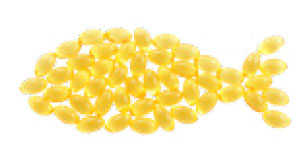
PLANT STEROLS AND STANOLS
BLOCK Cholesterol
A daily intake of 1.5 to 2.4 g of plant stanols has been scientifically evaluated to lower LDL cholesterol by 7 to 10%3 as they:
- Reduce intestinal cholesterol absorption, thus lowering LDL cholesterol concentrations in the blood.4
- Regulate the absorption of cholesterol, particularly LDL cholesterol (the bad cholesterol) into the bloodstream, resulting in lower LDL cholesterol.

COENZYME Q10
ENERGISE Your Heart
Numerous studies have proved that coenzyme CoQ10 help to:
- Regain heart health by enhancing energy production.5,6
- Improve contractability of heart muscles5,6 to maintain heart health.
- Improve blood volume pumped by the heart in every beat,7,8 providing enough energy to the heart, optimising its pumping ability.

VITAMIN E
PROTECT Blood Vessels and IMPROVE Circulation
High in antioxidants, vitamin E helps to:
- Prevent thickening or hardening of the arteries and prevent plaque formation.9
- Regulate smoother heart muscle contraction and speed up wound healing and enhance new cell growth.10
- Combat free radicals to prevent LDL oxidation10 that could lead to inflammation.

POLYPHENOLS
REDUCE Inflammation and INCREASE Nutrient Absorption
This antioxidant-rich natural compounds found in plants help support heart health by:
- Reducing inflammation11,12 and maintaining healthy lining of blood vessels.
- Promoting healthy and normal blood vessels constrictions.
- Promoting healthy blood pressure12 to improve blood flow to overall body.
- Maintaining healthy levels of platelet clumping to prevent blockage of the arteries.12,13

REFERENCES:
1. Kris-Etherton PM, Harris WS, Appel LJ; American Heart Association. Nutrition Committee. Fish consumption, fish oil, omega-3 fatty acids, and cardiovascular disease. Circulation. 2002;106:2747–275
2. Connor WE. Importance of n-3 fatty acids in health and disease. Am J Clin Nutr. 2000; 71 (1 Suppl): 171S–175
3. Laitinen K, Gylling H. Dose-dependent LDL-cholesterol lowering effect by plant stanol ester consumption: clinical evidence. Lipids Health Dis. 2012 Oct 22;11:140. doi: 10.1186/1476-511X-11-140. PMID: 23088653; PMCID:
PMC3543226.
4. Plösch T, Kruit JK, Bloks VW, Huijkman NC, Havinga R, Duchateau GS, Lin Y, Kuipers F. Reduction of cholesterol absorption by dietary plant sterols and stanols in mice is independent of the Abcg5/8 transporter. J Nutr. 2006
Aug;136(8):2135-40. doi: 10.1093/jn/136.8.2135. PMID: 16857831.
5. PH, L. and K, F. (1990). A six-year clinical study of therapy of cardiomyopathy with coenzyme Q10. International Journal of Tissue Reactions, 12(3), pp.169-171.
6. Garrido-Maraver, J., D.Cordero, M., Orapesa-Avila, M., Fernandez Vega, A., Mata, M., Delgado Pavon, A., De Miguel, M., Perez Calero, C., Villanueva Paz, M., Cotan, D. and A.Sanchez Alcazar, J.(2014). Coenzyme Q 10
Therapy. Molecular Syndromology, 5, pp.187-197.
7. Niklowitz, P., Sonnenschein, A., Janetzky, B., Andler, W. and Menke, T. (2007). Enrichment of coenzyme Q10 in plasma and blood cells: defense against oxidative damage. International Journal of Biological Sciences,pp.257-262.
8. Oleck, S. and Ventura, H. (2016). Coenzyme Q10 and Utility in Heart Failure: Just Another Supplement?. Current Heart Failure Reports, 13(4), pp.190-195.
9. Saremi A, Arora R. Vitamin E and cardiovascular disease. Am J Ther. 2010 May-Jun;17(3):e56-65. doi: 10.1097/MJT.0b013e31819cdc9a. PMID: 19451807.
10. Garg A, Lee JC. Vitamin E: Where Are We Now in Vascular Diseases? Life (Basel). 2022 Feb 18;12(2):310. doi: 10.3390/life12020310. PMID: 35207597; PMCID: PMC8874674.
11. Saleem, T. S. M., & Basha, S. D. (2010). Red wine: A drink to your heart. Journal of Cardiovascular Disease Research, 1(4), 171–176. http://doi.org/10.4103/0975-3583.74259
12. Vidavalur, R., Otani, H., Singal, P. K., & Maulik, N. (2006). Significance of wine and resveratrol in cardiovascular disease: French paradox revisited. Experimental & Clinical Cardiology, 11(3), 217–225.
13. Lopez-Sepulveda R, Rosario J, Miguel R, Maria JZ, Manuel S, Manuel GG, et al. Wine polyphenols improve endothelial function in large vessels of female spontaneously hypertensive rats. Hypertension. 2008;51:1088–95. [PubMed]





